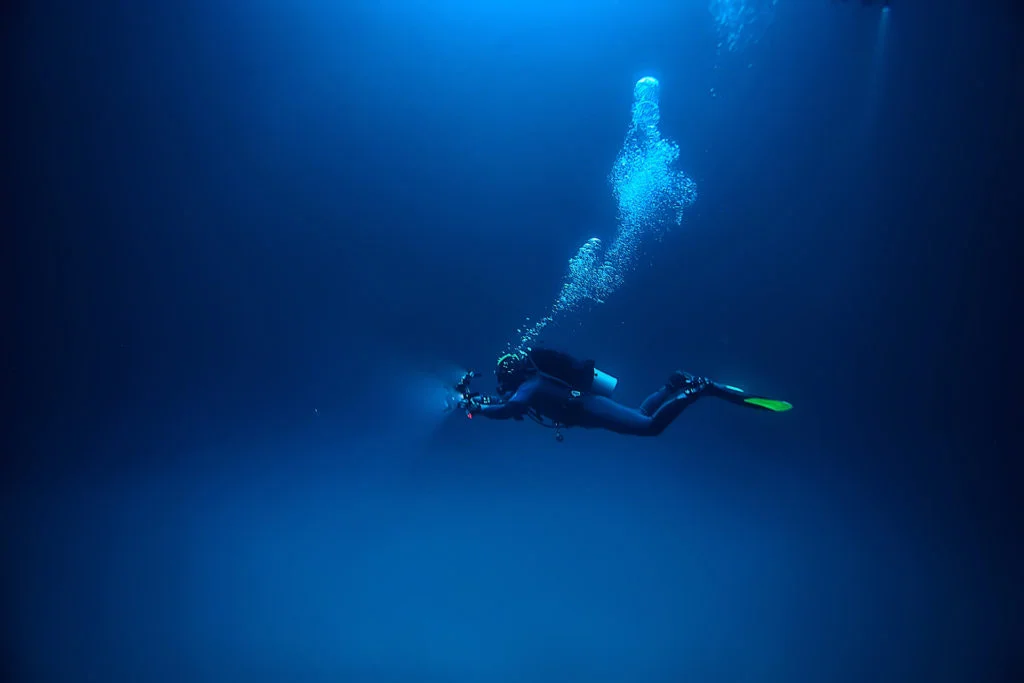
PADI Wreck Diver
Experience something truly unique to scuba divers, with many historic and purpose-sunk wrecks to explore worldwide. Learn how to do so safely!
It is a fantastic experience diving into a ship or an underwater wreck. Whether sunk on purpose as an artificial reef or the result of mishap, wrecks open fascinating windows to the past.
Most divers find wrecked ships nearly irresistible because they’re intriguing to explore, exciting avenues of discovery, and usually teeming with aquatic life.
1. Course overview
There are a total of 4 open water dives required to complete the course. The knowledge development portion will be carried out through PADI e-Learning in your own time.
You already need to be a PADI Adventure Diver diver (or equivilent certification from another training agency), and you need to be at least 15 years old.
2. What you'll learn
In this course you’ll master techniques for diving & exploring shipwrecks, and how to avoid common hazards too. You’ll gain valuable knowledge on how to research and learn the background of your favourite wreck, which will also help with the considerations and techniques for safely entering intact wrecks.
As part of this, you’ll also take into account the scuba diving equipment considerations specific to wrecks, including essential experience in planning, organising and making safe wreck penetration dives under our supervision.
3. Equipment
Unlike our introductory courses, you’ll either need to provide your own scuba kit, or hire some from us for the duration of your course. If you want to look at purchasing your own, we’d be happy to help you also.
As a minimum, you’ll need a mask, snorkel, fins, buoyancy compensating jacket (BCD), scuba regulator, and the instrumentation to monitor your depth and air supply. You can hire cylinders from us, or bring your own in-test cylinders with you to be refilled at the dive site.
You’ll also need adequate exposure protection for the conditions you’ll be diving in (this could be a wetsuit or drysuit) to keep you comfortable on your dives. If you dive in a dry suit, you need to ensure you have the correct training for this too.
Some courses may require additional equipment, depending on the individual course requirements.
Any equipment you provide yourself must be in a serviced, well-maintained and safe condition. No exceptions!
4. Learning materials
We will send you any e-Learning materials needed for your specialty course, which will take you to the registration area of the PADI site. This teaches you the background information you need for your course, and allows you to study at your own pace.
You can complete this on pretty much any device with an internet connection.
Some courses also have physical learning content, which we can give you once you’re enrolled.


Ready to start?
You can book and pay for your course with us online, either for yourself or someone else. We’ll send over any e-Learning content to your email, and we can then work with you on suitable dates and times for any in-person sessions.
We have availability throughout the year, although if you have specific dates or a timeline in mind, please check with us first.
Your next adventure...
As with all diving, your buoyancy and trim within the water are key to getting the most from your dive. This is especially true when diving wrecks, where we wish to avoid hazards or impacting our visibility by stirring up sediment within a wreck itself.
We’ve definitely recommend the PADI Peak Performance Buoyancy course as your next step. No other speciality will benefit your diving more. Divers who’ve mastered the highest performance levels in buoyancy stand apart from others.

The Stellar Crew
We have a very straightforward philosophy; we are totally committed to ensuring you – our customer – have the best, safest and most enjoyable experience possible. It’s as simple as that!
Here at Stellar, we all love to scuba dive, and we love to have fun doing it. We absolutely want you to feel the same way when you dive with us.
We can very proudly boast that we’re a PADI 5-star Instructor Development Centre. Put simply, this means we also train the trainers – so naturally we take our education of safe diving very seriously. You’re in safe hands, and you’ll have a lot of fun in the process too.
